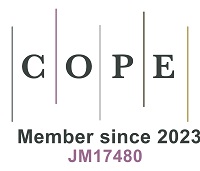Contents
Guest

Yuli Shan
School of Geography, Earth and Environmental Sciences, University of Birmingham, Birmingham, UK.
Global Highly Cited Researcher and World’s Top 2% Scientists since 2020
Contributing author of the IPCC 6th Assessment Report.
Research Interests:
Accounting for carbon emissions; Climate change economics; Sustainable development
Dr Yuli Shan is an expert in climate change mitigation and sustainable transitions. His interdisciplinary research aims to reveal how human activities affect global and regional climate change. He also seeks alternative low-carbon approaches towards the achievement of climate targets and a net-zero emission society. Dr Shan is a Global Highly Cited Researcher since 2020 and a contributing author of the IPCC 6th assessment report. His international reputation for environmental resources accounting and climate change mitigation in developing countries has resulted in 20+ academic awards, 100+ publications in high-impact journals, high-profile media coverage, international conference and committee invites.
Moderator

Kai Fang
School of Public Affairs, Zhejiang University, Zhejiang, China.
World's Top 2% Scientists since 2020
National "Ten Thousand Talents Program" for Outstanding Young Scholars
Chief Expert for a major project funded by the National Social Science Foundation.
Research Interests:
Environmental management and policy; Energy and climate change; Ecological economy; Industrial ecology; Sustainable development










